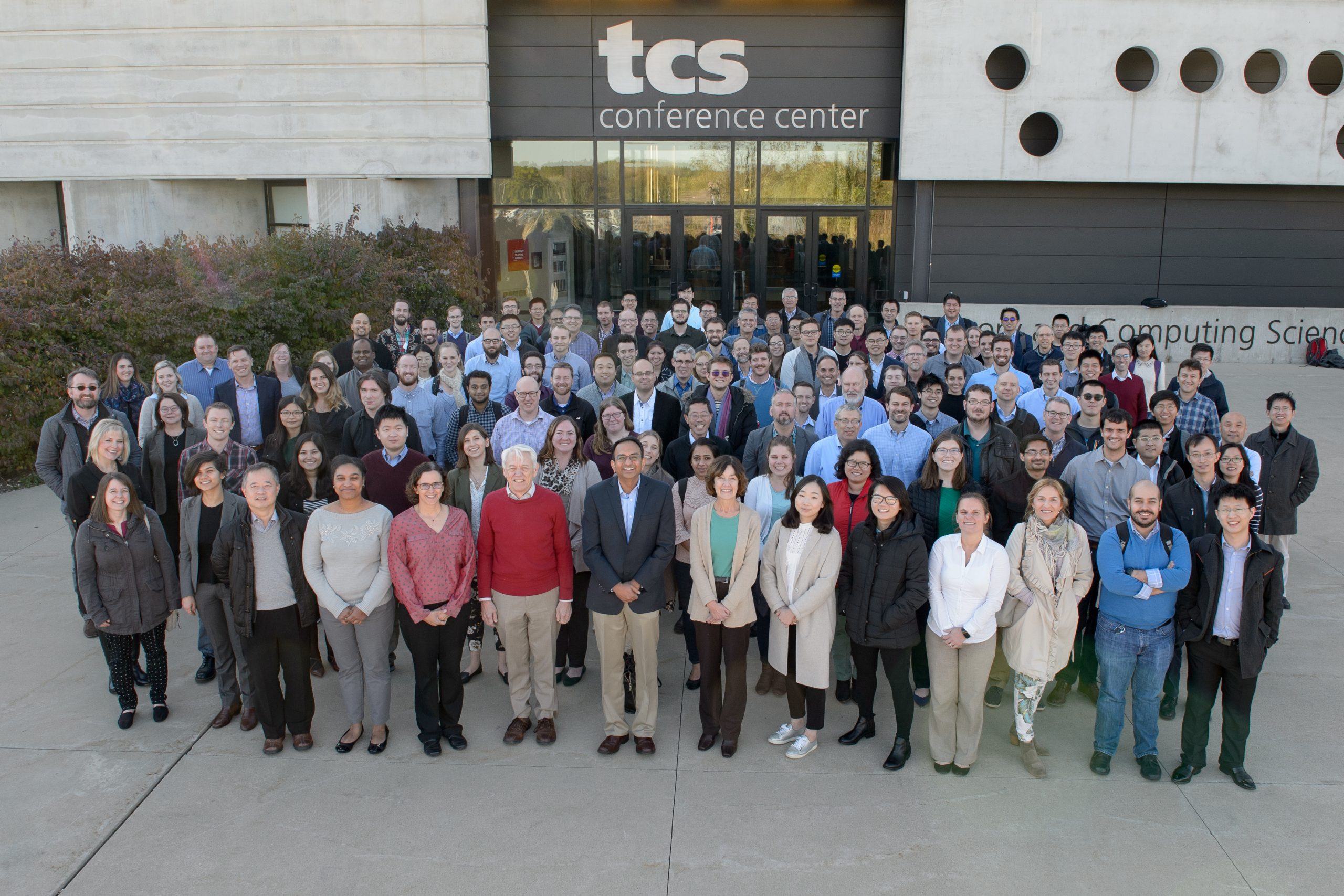
The official end of the Joint Center for Energy Storage Research (JCESR) innovation hub occurred in June 2023 after more than a decade of research and development dedicated to one of humanity’s most pressing challenges: the development of a better battery to help usher in economy-wide decarbonization.
During the period of operation for JCESR (2012-2023), there was a growing recognition of the need to create technologies that could effectively address the pressing climate emergency. This coincided with the exciting prospect that the following decade would witness a transformative shift in the energy system.
I’d like to summarize the significant role JCESR played in advancing research and fostering collaboration within the battery ecosystem.
Achievements and Milestones
Over the past decade, JCESR has achieved significant milestones. These include the meticulous understanding of battery operation at the atomic and molecular level, the discovery of new materials and molecules, the development of new tools to enable operando characterization, the pioneering use of data science to enhance knowledge, and inspiring the creation of three startup companies. Along this remarkable journey, we have proudly graduated more than 350 alumni who received comprehensive training in the multidisciplinary aspects of storage science. Additionally, we have fostered collaboration among academia, national laboratories, and industry across the country, creating a vibrant ecosystem.
With more than 1,000 publications, surpassing 65,000 citations, and an impressive H-index of 121, JCESR led the way in battery science. The research initiated within JCESR, detailed in these publications and the associated 66 inventions, has attracted more than $900 million in subsequent funding, including more than $55 million from applied offices and industry. This is a remarkable return on investment that the nation can take pride in. These numbers will continue to grow as the wider community leverages the expertise of JCESR’s principal investigators and the capabilities of the team.
As we face one of the biggest challenges to humanity, posed by climate change, I remain confident that the storage community will do its part to develop cost-effective environmentally-just technological solutions to decarbonize the transportation and grid sector. I look forward to working with all of you in the decades to come to make this a reality.
The Hub modality remains an experiment in DOE, and the scale of the effort—$240 million spent over 10 years—is unprecedented in the physical sciences. Successfully managing a large-scale R&D program and maintaining a steadfast focus on the mission while delivering impactful outcomes necessitates the implementation of innovative approaches to managing team science. We introduced the concepts of agile “sprints” to promote rapid and iterative progress; rolling-wave milestone planning for flexible adaptation; the establishment of a research integration function to facilitate seamless collaboration; active management processes to ensure effective oversight; IP bundling to streamline intellectual property management; and a robust affiliates program to broaden our industry network. These innovations garnered recognition for JCESR, including the Secretary of Energy’s Achievement Award for Strategy and Operations in 2018.
Exceptional Leadership
All this would not be possible if not for the incredible and engaged team—the directorate, the PIs, postdocs and students, the operations staff, the governance, and the institutional leadership panel, and the scientific advisors.
The success of any exceptional team relies heavily on the guidance and leadership of its leader. In the case of JCESR, the founding director, George Crabtree, and its leader till his untimely passing in January 2023, played a pivotal role in setting the tone and charting the course for the organization. His unwavering dedication and passion for JCESR and battery science were evident throughout his tenure. George skillfully managed the program during its startup phase, and his leadership was crucial in maintaining team cohesion during the uncertain period leading up to the project’s renewal in 2018. As we reflect on the impact of JCESR and its operational model, George will forever hold a special place in our hearts for his contributions and steadfast commitment to battery science.
JCESR was granted a no-cost extension that will continue until the end of December 2023. During this period, our primary focus was on concluding ongoing research projects and publishing the results.
Promising Future
While JCESR has ended, the future of energy storage research remains promising. The DOE budget allocated to batteries has experienced significant growth, encompassing all aspects of the battery supply chain.
As we face one of the biggest challenges to humanity, posed by climate change, I remain confident that the storage community will do its part to develop cost-effective environmentally-just technological solutions to decarbonize the transportation and grid sector. I look forward to working with all of you in the decades to come to make this a reality.
Onward and upward,
Venkat Srinivasan
JCESR Director

